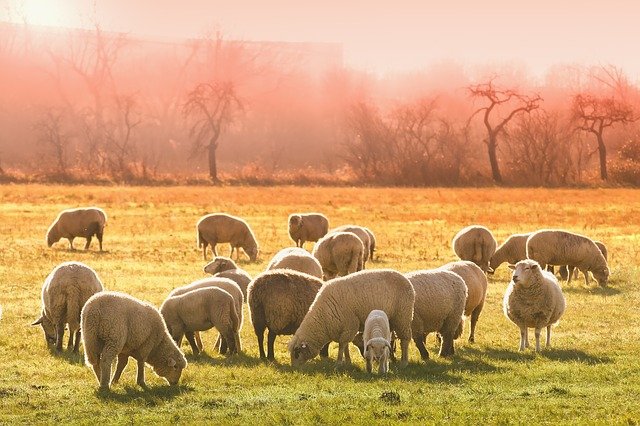Maybe it’s a dream for when you finally get out of the city, maybe you just want a cow and some chickens for a great Sunday breakfast, maybe it’s even a retirement plan: whatever you’re thinking of farming for, have a look at our guide to understanding what you’re getting into.
Finance
If the idea is to make a living off starting this farm, you’ll need to talk to the bank. There are farming loans and mortgages available from agriculture specialist companies online, but HSBC has recently launched an agriculture department giving specialist advice and support to the agriculture industry.
This will also be the case if you’re thinking of taking over a farm. It will require a lot of saving for a noble and vital industry. Write a business plan and impress them with your farm’s particular niche. Are you farming nuts? Camel milk? Calamari squid? Cashmere wool? Honey? A mixture of the classics? Look at sample business plans to get an idea of where you want to go with yours.
Consider cost vs revenues. Take into account the cost of installation of equipment such as greenhouses or farm fencing, soil preparation, irrigation, protective nets, fertilizers, labor, machinery, storage, transfer and insurance. Write out a proposed budget and see if a profit is feasible.
Land
Hand in hand with finance is the land. Do you have some available or are you looking to take over an established farm? Are you buying or leasing?
There are pros and cons to both of these questions. Starting a farm yourself means you make every decision from what you breed to the farm fencing, but you will need to start from scratch. Taking over a selling farm means you get what you get and all the things that need to be fixed with it, but it’s an established business that is bringing in money already.
Then there’s the option to buy or lease? Like buying or owning a home it’s a matter of control. You’re doing all the work but it’s not really yours when you lease, but you also don’t carry the financial risk, like if you were buying.
And then there’s finding the land. There are things to consider before you dive in. Consider what climate is required for your preferred produce. Look at how close it is to markets or where you will sell your produce.
Check it has reliable access to water, as a steady supply will be crucial. Plants, animals, and processing needs all rely on it. Similarly, check the soil quality. Testing the soil can be a good way to predict production expenses and capacity. Are there any repairs needing to be done? Is the farm fencing in good condition?
Livestock
This is the part everyone loves. Kids in primary school are debating whether to have sheep or lions on their farm: you get to make that a reality, within reason.
Don’t assume those niche examples are too out of the ordinary. There are dozens of types of farming before you even get into the obscure products that can come from it, each with its own set of challenges.
Are you in a warm climate, like east and south England? Arable farming might be an option, which produces mainly grain crops like wheat and rice, and gives the option of getting into the food oil business.
Pastoral farming is suited to the Scottish climate due to its need for sloping fields and indifference to wet or cold weather. However, dairy animals, in particular, need flat fields.
Poultry farming is useful since it can be small-scale and therefore can be incorporated into most farms with little machinery for eggs or meat.
Fish farming needs to be the idea from the beginning in order for you to look for the land or lack thereof. The perk of aquaculture is that it can be done on a scale depending on how much machinery you have. Do you have a boat and a rod, or nets, or ponds to maintain?
These are just a few examples for you to pursue. Maybe there’s something, in particular, you would like to pursue or incorporate into your farm. Think about the climate and machinery and manpower required and what you have access to when you’re singing Old Macdonald.
Agriculture as an industry is undervalued and overworked for such a vital part of life, but every little bit helps. It is also a hands-on job that has you working in nature with no need for a degree. If you are thinking of getting involved in farming, the country will thank you.
Related Posts












